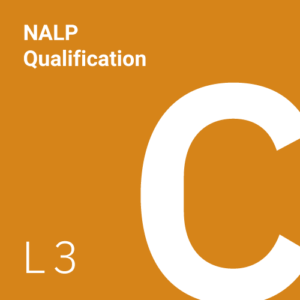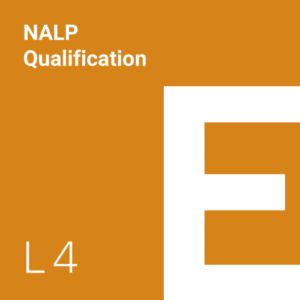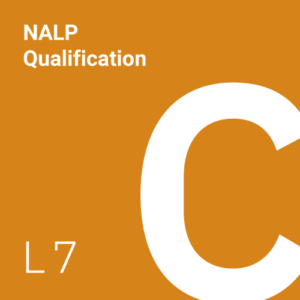- CPD Courses
- NALP Paralegal Qualifications
- Level 3 qualifications
- L3 Certificate for Paralegal Technicians
- L3 Introduction to Law for Paralegals
- L3 Legal Ethics and Responsibilities for Paralegals
- L3 Wills and Succession for Paralegals
- L3 Civil Litigation for Paralegals
- L3 Criminal Litigation for Paralegals
- L3 Commercial Law for Paralegals
- L3 Conveyancing for Paralegals
- L3 Employment Practice for Paralegals
- L3 Consumer Rights and Remedies for Paralegals
- Level 4 qualifications
- NEW Level 4 Certificate for Associate Paralegals
- L4 English Legal System – Single Unit
- L4 Contract Law – Single Unit
- L4 Law of Tort – Single Unit
- L4 Criminal Law – Single Subject
- L4 Wills, Intestacy & Family Provision – Single Unit
- L4 Civil Litigation – Single Unit
- L4 Criminal Practice – Single Unit
- L4 Matrimonial & Civil Partnerships – Single Unit
- L4 Conveyancing – Single Unit
- L4 Succession – Single Unit
- Level 5 Diploma for Senior Associate Paralegals
- Level 7 qualifications
- How to choose
- Comments from our Learners
- FAQ
- Recognition of prior learning
- FAQ
- About
- News
- Contact
L7 Succession – Single Unit
In this unit you’ll learn the practical skills to be able to evaluate the information to a complex case relating to inheritance of property after death, critically assess, explain and justify the appropriate procedures and advice given to clients at each stage of the case.
Single units can be taken at any time
L7 Succession – Single Unit
In this unit you’ll learn the practical skills to be able to evaluate the information to a complex case relating to inheritance of property after death, critically assess, explain and justify the appropriate procedures and advice given to clients at each stage of the case.
Learning Outcomes
You’ll be able to apply the Wills Act 1837, the Administration of Estates Act 1925 and other legislation.
- Introduction to the principles of succession
- Wills
- Formalities: Family provision, testacy and intestacy
- Personal representatives
- Grants of representations
- The procedure in administering an estate
What's included
- All course material
- Assignment and test marking
- Full tutorial support
- Certificate on completion
Entry requirements
One of the following is required or equivalent – if unsure, please contact us or phone 0203 745 5513
UK Graduates require either an LL.B, BA LAW or CPE/GDL which has successfully been completed within the last 7 years. However, if a degree has been attained prior to this, then consideration may be given subject to the applicant’s level of experience since attaining their degree. Please contact NALP to discuss eligibility.
Graduates who have gained their LLB outside of the UK should have studied The English Legal System as part of their undergraduate course and provide evidence of this on applying for the the Level 7 Diploma in Paralegal Practice.
If you are a non UK law Graduate and have NOT studied the English Legal System, you have the option of studying Part 1 of the Level 4 Diploma in Paralegal Studies: General Principals of Law before commencing this course. NB you also require evidence of English Language proficiency at IELTS Level 6 or equivalent
Assessment
Assessment is continuous by assignment. Assignments can be requested when the learner is ready, and once requested and sent, the Learner will have a 4 week period in which to complete the assignment and return by the due date.
Assignments are marked and graded either with a pass (45 – 64%), merit (65 – 79%) and distinction (80-100%).
Tutors are on hand to answer any queries that the learner may have and give unlimited help and guidance if there is anything that the learner may not fully understand with regard to the material.
Compulsory units
Description
In this unit you’ll learn the practical skills to be able to evaluate the information to a complex case relating to inheritance of property after death, critically assess, explain and justify the appropriate procedures and advice given to clients at each stage of the case.
Learning Outcomes
You’ll be able to apply the Wills Act 1837, the Administration of Estates Act 1925 and other legislation.
- Introduction to the principles of succession
- Wills
- Formalities: Family provision, testacy and intestacy
- Personal representatives
- Grants of representations
- The procedure in administering an estate
Qualification
This is a single unit course, no qualification
Compulsory units
- Succession
Study type
Distance learning


